For decades, Amsterdam has held an almost mythical status as the world’s most famous cannabis-friendly city, drawing millions of tourists eager to experience its legendary coffee shops. These unique venues, where visitors can legally purchase and consume cannabis products under regulated conditions, have shaped the city’s global identity since the 1970s. In 2025, the coffee shop culture remains a core part of Amsterdam’s charm, but it is also undergoing significant shifts. Local authorities have been rethinking cannabis tourism’s role in the city’s economy, balancing cultural heritage with public order, safety, and environmental sustainability. While the iconic relaxed atmosphere still thrives, changes in regulation, licensing, and access rules are gradually redefining the visitor experience. Amsterdam continues to serve as both a pioneer and a testing ground for urban cannabis policy, making its evolution a point of global interest.
A Brief History of Amsterdam’s Coffee Shop Model
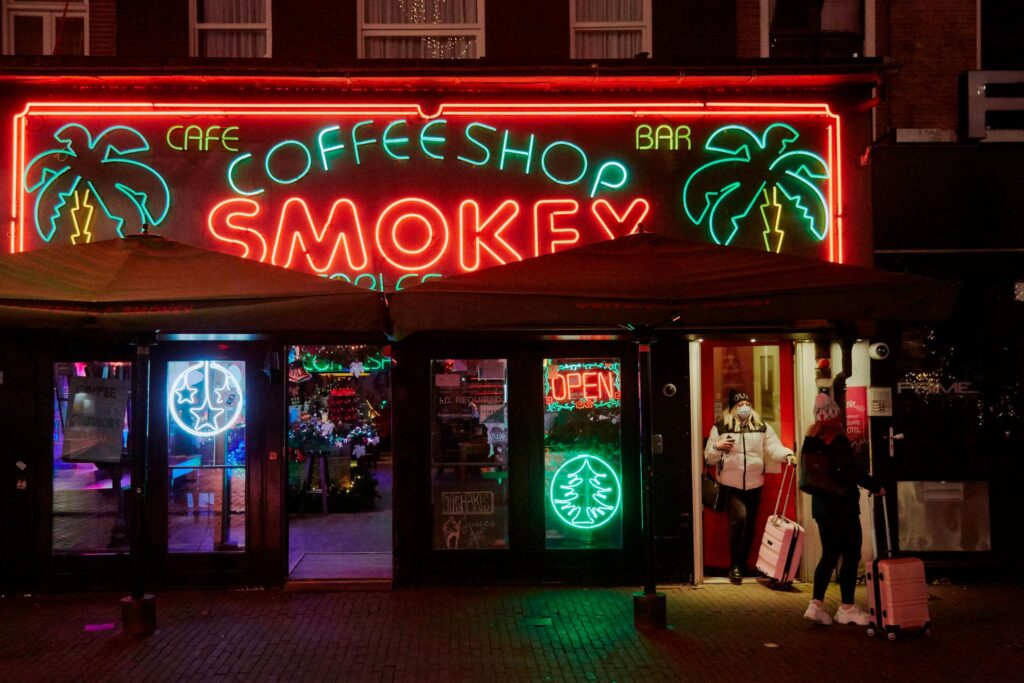
The modern coffee shop system emerged in the early 1970s when the Dutch government decided to separate cannabis from hard drugs in its enforcement priorities. This pragmatic approach allowed licensed venues to sell small amounts of cannabis for personal use while remaining subject to strict conditions, such as no advertising, no sales to minors, and limits on stock levels. Over time, coffee shops became central to the city’s tourism appeal, offering a safe, regulated environment for consumption. By the 1990s, Amsterdam had over 400 coffee shops, though the number has since declined to around 160 due to tighter licensing requirements and urban planning policies. This decline is not necessarily a sign of cultural retreat, but rather an effort to keep the industry manageable, prevent overcrowding, and maintain quality control over operations in the heart of the city.
2025 Regulatory Shifts and Access Rules
In 2025, Amsterdam’s cannabis policies are in a period of refinement rather than radical change. Local government debates have focused on limiting excessive tourism-related nuisances while preserving the city’s open-minded reputation. One key policy discussion concerns restrictions on sales to non-residents, an idea previously proposed to curb overcrowding in certain districts. While a city-wide tourist ban on coffee shop purchases has not been implemented, pilot measures in some areas are being tested to assess their impact on public order. Additionally, there is a stronger emphasis on enforcing smoking bans in certain public spaces, especially near schools, playgrounds, and busy pedestrian zones. Coffee shops are also facing updated licensing conditions, including more rigorous checks on sourcing to ensure all cannabis sold is cultivated under regulated supply chain initiatives, as part of the Netherlands’ ongoing experiment to legalise and control domestic production.
The Evolving Visitor Experience
For tourists in 2025, the essence of Amsterdam’s coffee shop experience remains much the same, but with more structure and clearer boundaries. First-time visitors still find an unmatched atmosphere, blending relaxed cannabis use with the city’s unique mix of canals, art, and nightlife. However, guests may notice more ID checks, clearer menus with cannabinoid content labeling, and staff trained to offer responsible consumption advice. There is also a stronger cultural emphasis on moderation and respect for local communities, with many coffee shops promoting sustainable practices such as energy-efficient lighting, biodegradable packaging, and waste reduction programs. Some venues have diversified their offerings to include educational workshops on cannabis history, cooking with cannabis, and terpene profiling, appealing to visitors who want a deeper, more informative experience beyond casual consumption.
Cannabis Tourism and Local Community Balance
Balancing cannabis tourism with the needs of local residents has become a central issue in Amsterdam’s policy discussions. While coffee shops contribute significantly to the city’s economy, particularly through hospitality and retail, they also attract large crowds that can strain infrastructure and affect neighbourhood livability. In response, Amsterdam has implemented crowd management measures, including redirecting tourism flows away from heavily congested areas and encouraging visitors to explore lesser-known neighbourhoods. Coffee shop operators are also taking part in community outreach initiatives, partnering with local councils to address concerns about noise, litter, and late-night disturbances. The city is working to ensure that cannabis tourism remains sustainable, providing economic benefits without overwhelming the cultural fabric that makes Amsterdam unique.
Amsterdam’s Global Influence on Cannabis Policy
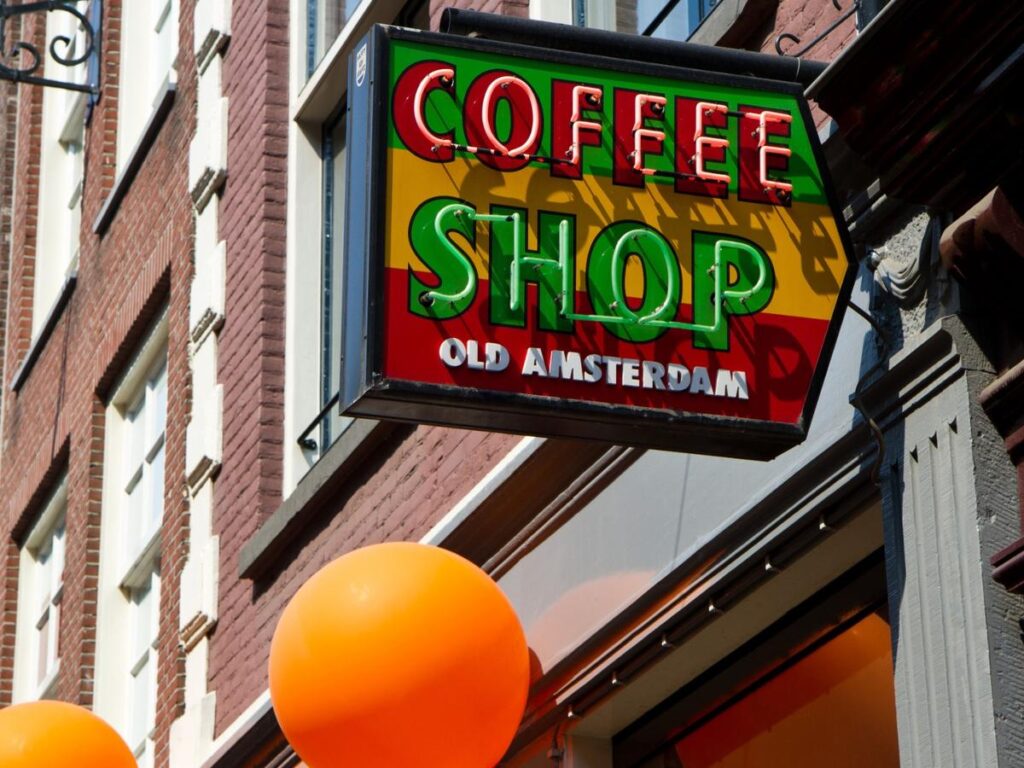
Amsterdam’s coffee shop model has had a profound influence on global cannabis reform debates. In 2025, cities and countries considering cannabis legalisation continue to look to Amsterdam for both inspiration and cautionary lessons. While the model has shown that regulated cannabis sales can coexist with public safety, it has also revealed the challenges of managing high-volume tourism in urban settings. Amsterdam’s latest regulatory adjustments—such as controlled supply chains, stricter licensing, and public space consumption limits—are being closely watched by policymakers in North America, Europe, and parts of Asia. As legalisation spreads worldwide, Amsterdam remains both a symbol of cannabis freedom and a case study in the need for nuanced, adaptable policy frameworks.
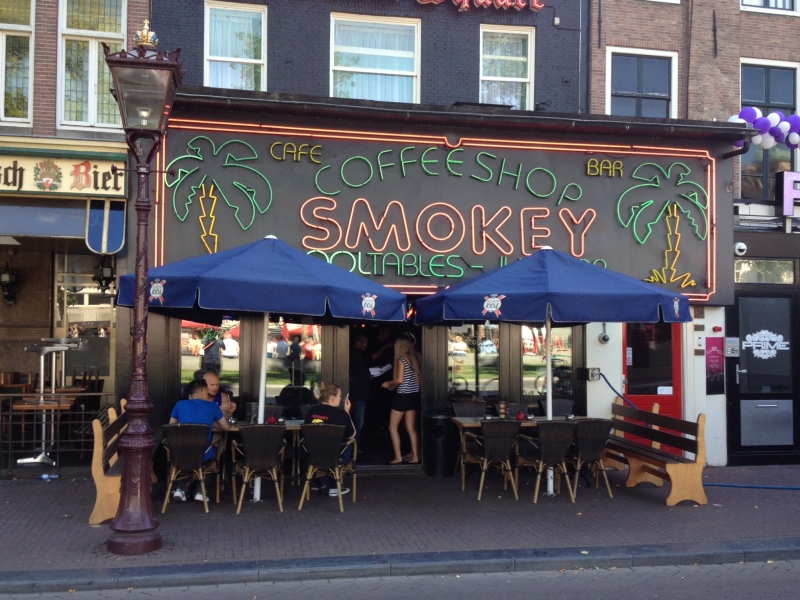


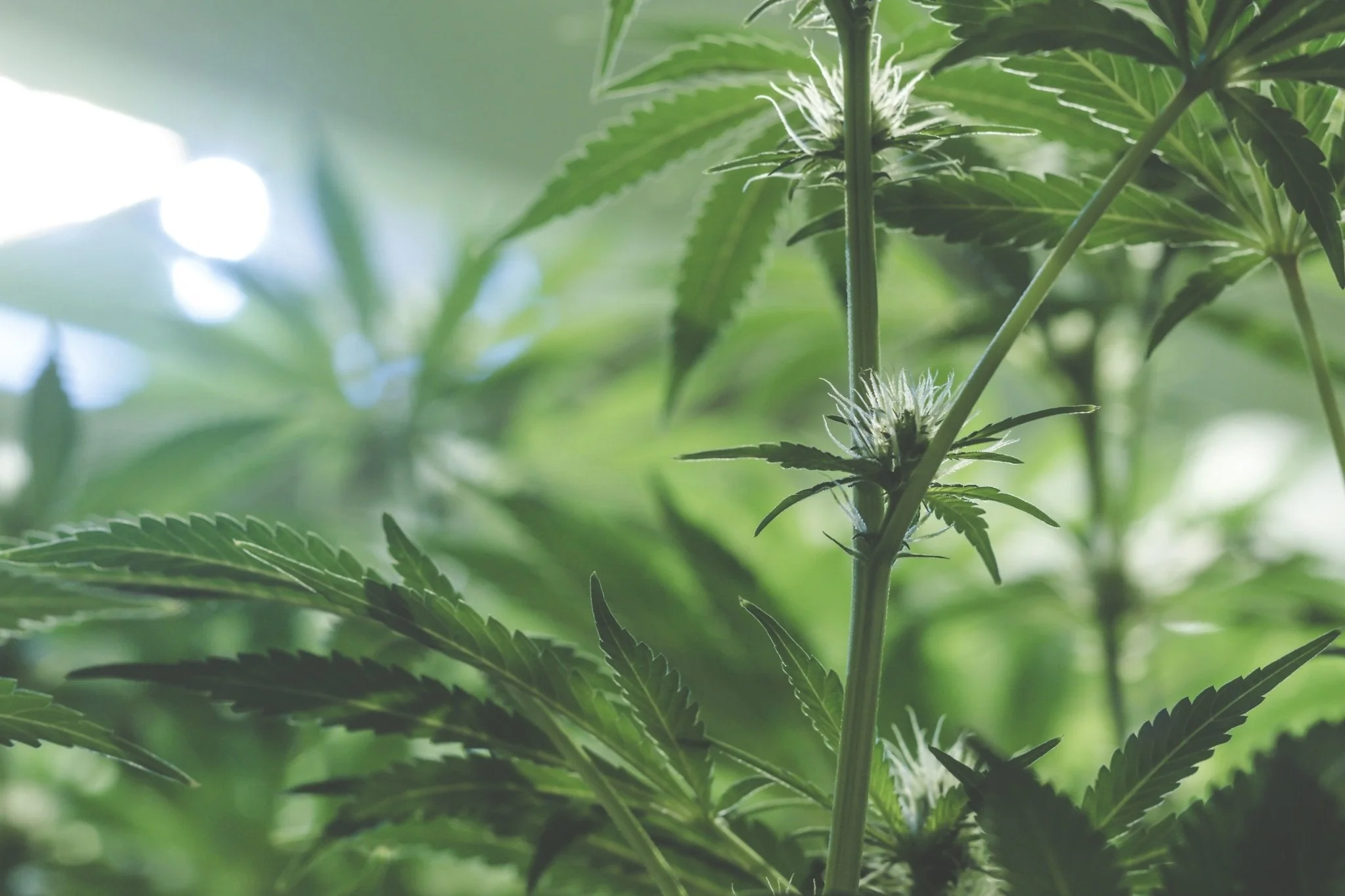

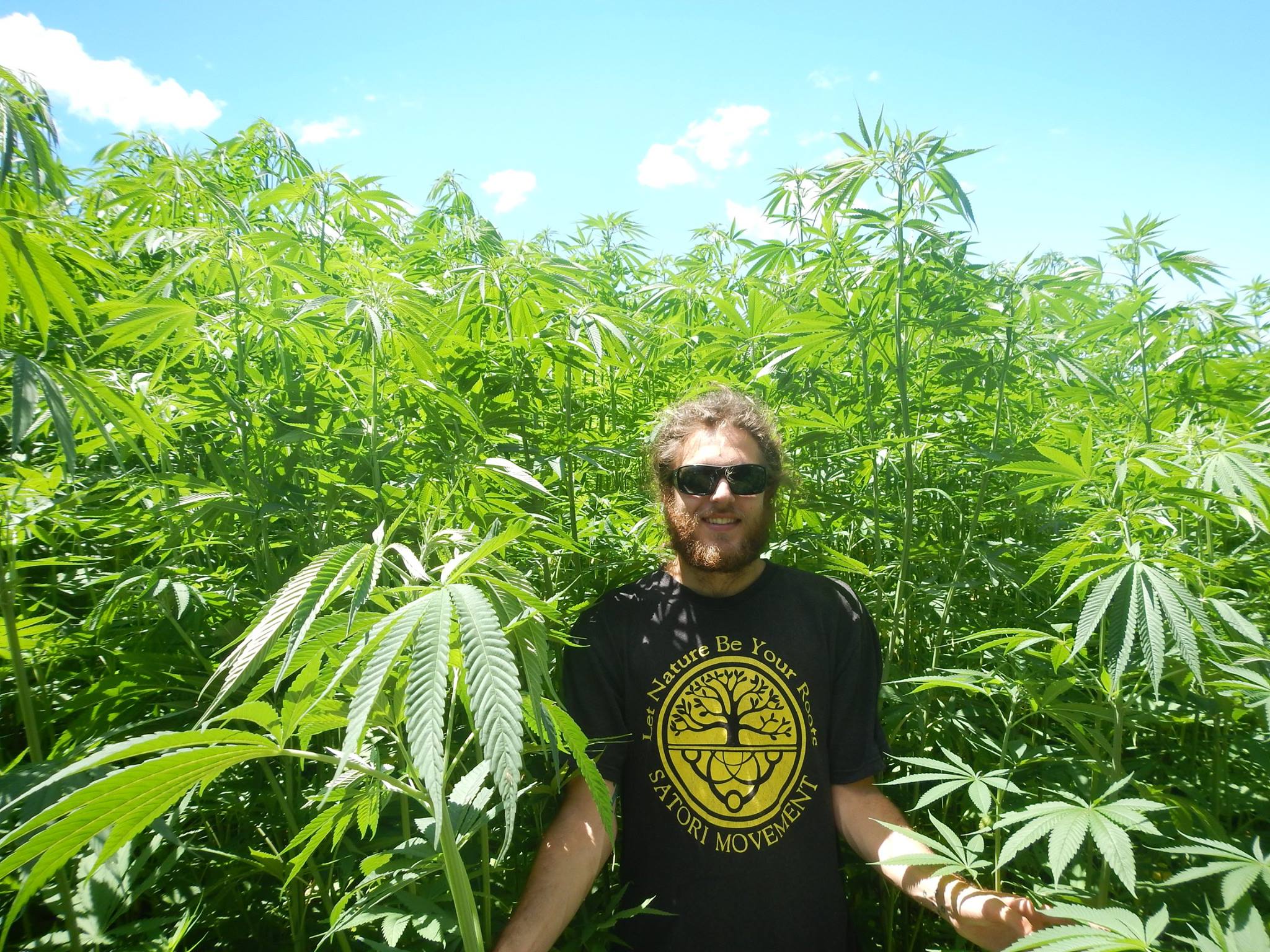
Leave a Reply